Anthony Rathburn, PhD, California State University, Bakersfield, Department Chair, Professor of Geology

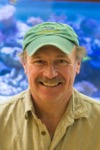
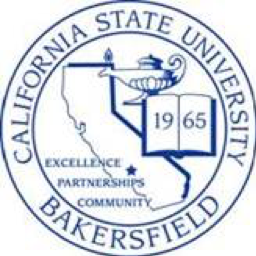
Contact information: arathburn@csub.edu
Dr. Rathburn’s research focuses on the ecology and biogeochemistry of past and present marine environments and global change. His students have participated on research expeditions around the globe, including voyages off Alaska, Antarctica, Australia, California, Costa Rica, Venice Italy and Oregon. Some of these expeditions included the use of manned submersibles that carry scientists to the seafloor (up to 4500 m) to sample and explore deep-sea environments, including methane seeps and oxygen-stressed habitats. Graduate and undergraduate students actively participate in all of Dr. Rathburn’s research projects.
Sarah Gray, PhD, University of San Diego (USD), Chair and Professor, Environmental and Ocean Sciences
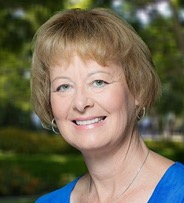

Contact information: sgray@sandiego.edu
Sarah Gray, PhD, teaches courses in geological oceanography, paleoclimatology, climate change, environmental geology, and earth science. These courses include hands-on field and lab-based research experiences. Gray conducts research in paleoclimatology, marine sedimentation, the geology of coral reefs and environmental proxies recorded in the geochemistry of coral skeletons. Current research includes a study of the impact of watershed development on sedimentation on fringing coral reefs in the U.S. Virgin Islands and a synthesis of multi-century climate cycles preserved in the geologic record. Her PhD dissertation was entitled “Late Quaternary History of Reef Growth, Sea Level, and Diagenesis from three Cook Islands Atolls”.
Chandranath Basak, PhD, California State University, Bakersfield (CSUB), Assistant Professor, Department of Geological Sciences
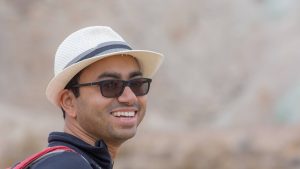

Contact information:cbasak@csub.edu
Richard Norris, PhD, Scripps Institution of Oceanography (SIO), UCSD, Professor, Geosciences Research Division


Contact information: rnorris@ucsd.edu
My research focuses on the evolution of life in the oceans, with particular emphasis on the mechanisms of extinction and speciation of plankton and the processes of assembly of marine ecosystems. I use ecological, genetic, and biogeographic studies of living plankton and pelagic fish as well as the extensive fossil record of marine plankton and fish preserved in deep sea sediments. Other tools include the use of sediment geochemistry to reconstruct the history of ocean productivity and climate. Part of my research has focused on climate history and evolutionary dynamics during past intervals of extremely warm periods in the Cretaceous, Paleogene and Neogene as analogs for modern global change. I also work on the recent fossil record of reefs and coastal environments to evaluate the impact of human activities on marine and terrestrial ecosystems.
Alex Hangsterfer, MS, Scripps Institution of Oceanography (SIO), UCSD, Geological Collections Manager

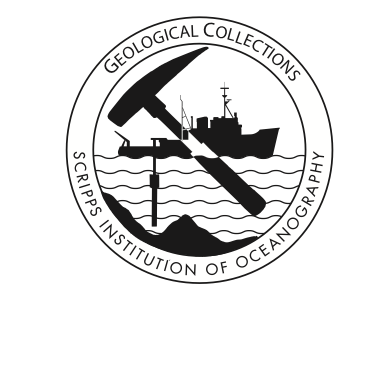
Contact information: ahangsterfer@ucsd.edu
I manage our sediment core and dredged rock oceanographic collection. We have the largest collection of cores and rocks from the Pacific Ocean and are always obtaining more samples that increase the size of our collection. I also manage our website and online database where users can search for and request samples. I can sample for our users, but users are also welcome to visit our collections to take samples themselves. We also have an Avaatech X-Ray Fluorescence (XRF) core scanning machine in our core lab, which generates high resolution, non-destructive geochemical analysis of sediment and rock samples, as well as takes high resolution line scan images. Users can request that XRF scans are performed on cores in our collection, or bring samples collected elsewhere to be scanned on the XRF.
